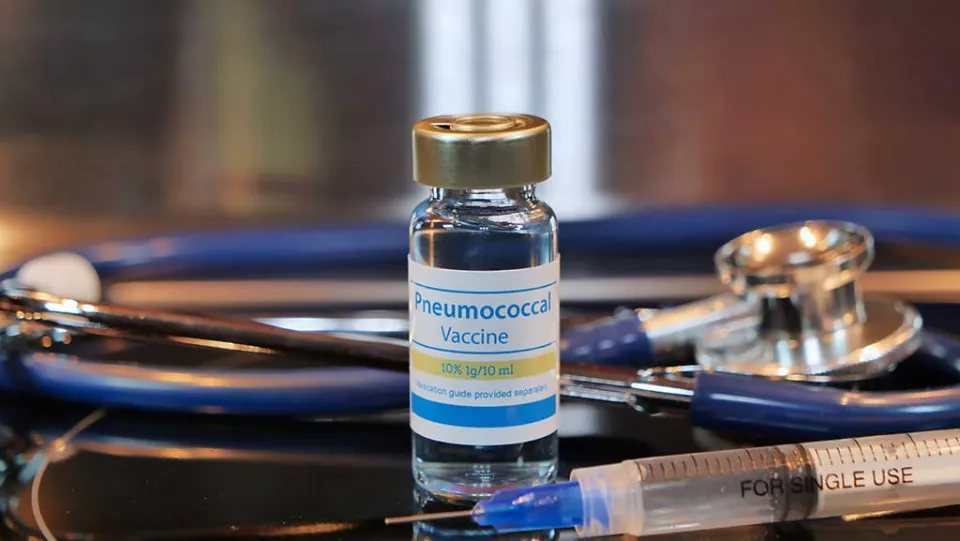How many years is a pneumonia shot good for? It might be a good idea to get a booster shot five years after your initial vaccinations, depending on which ones you had and when.
Category: Influenza and Pneumonia

Consume hot food or drink. Inhaling the steam from hot soup or beverages can relieve dry nasal passages, loosen mucus, and facilitate clearing your airways.

The most typical symptom of COVID-19 developing into COVID pneumonia is worsening breathing difficulties.
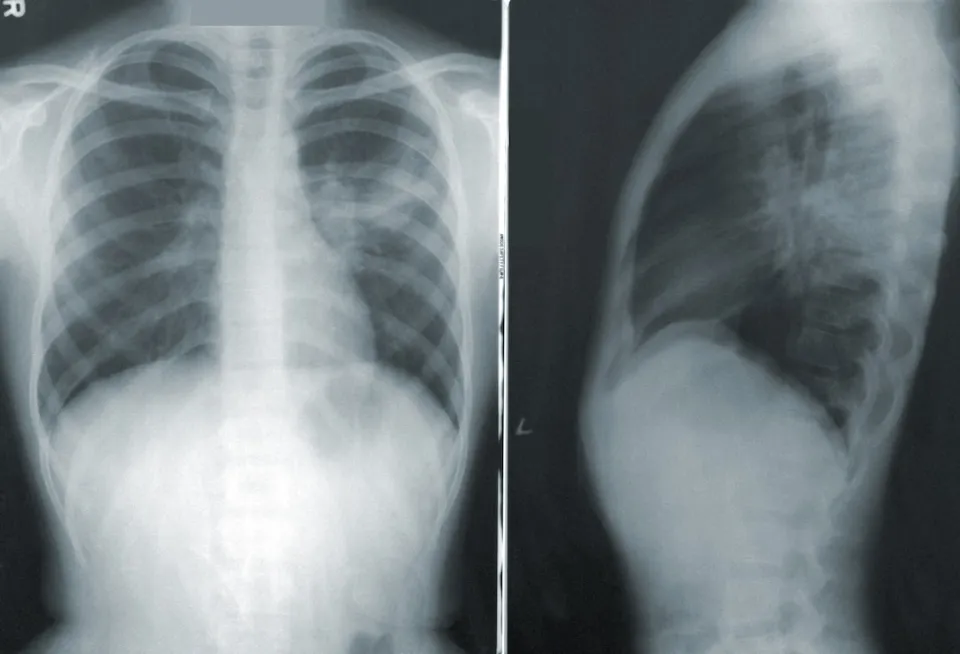
Double pneumonia, sometimes called “bilateral pneumonia,” is any type of pneumonia that affects both lungs at the same time. Double pneumonia includes the most common form of pneumonia that occurs in the alveoli.
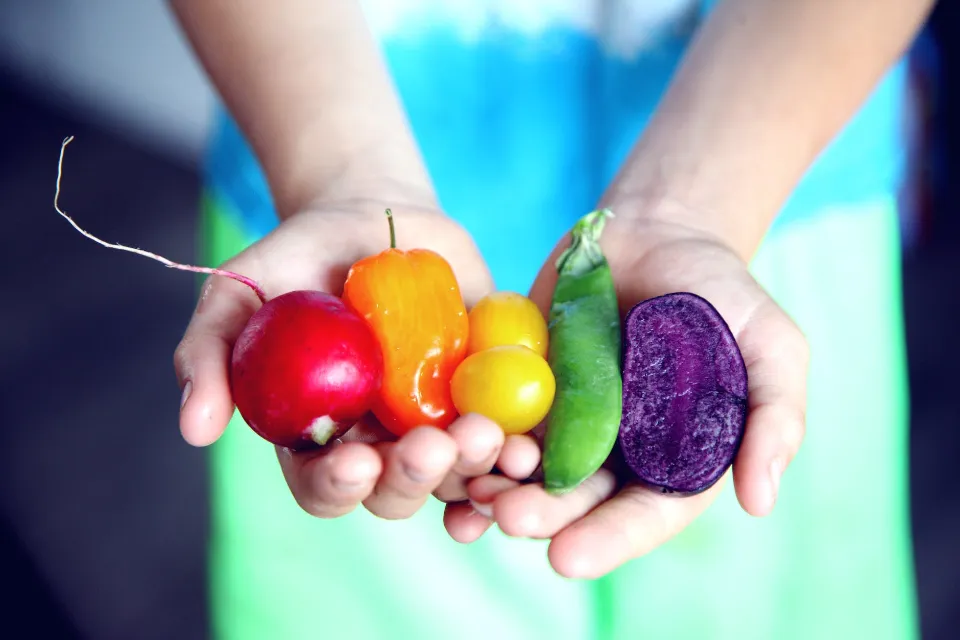
Honey is a traditional substance with a long medical history. Since honey can ease the discomfort of colds, coughs, and sore throats, it is crucial for people with pneumonia to consume honey.
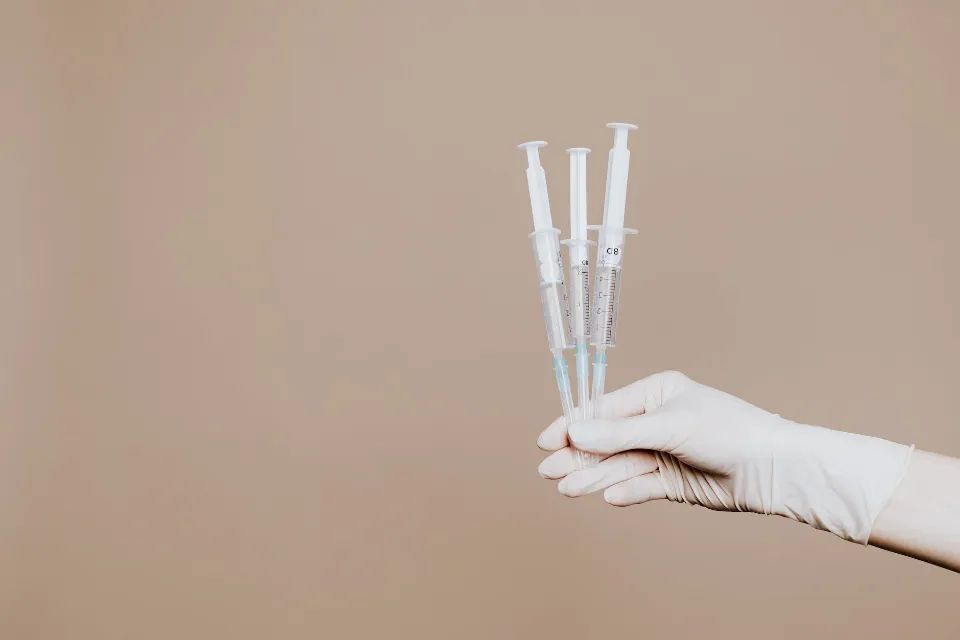
Unlike the flu shot, this vaccination is not administered every year. If you have a long-term health condition you may only need a single, one-off pneumococcal vaccination, or a vaccination every 5 years.
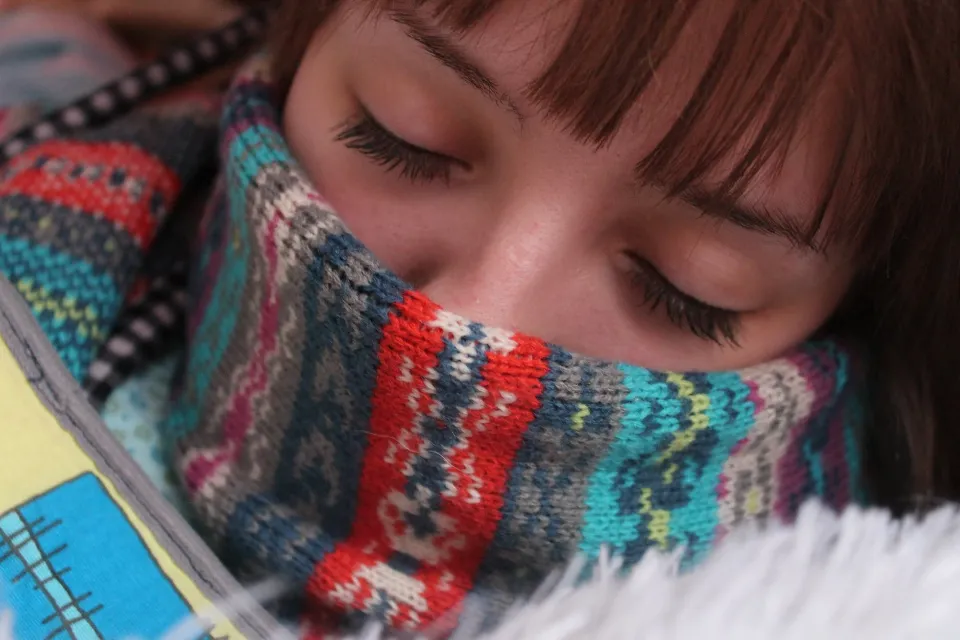
With a weakened immune system, your body may not be able to overcome foreign bacteria and viruses. That’s why it’s easy for people with the flu to turn it into a more serious illness – pneumonia.

If you have a positive COVID-19 diagnosis. treatments may include isolation, wearing personal protective equipment (PPE), and other instructions. You should always follow your doctor’s advice first.
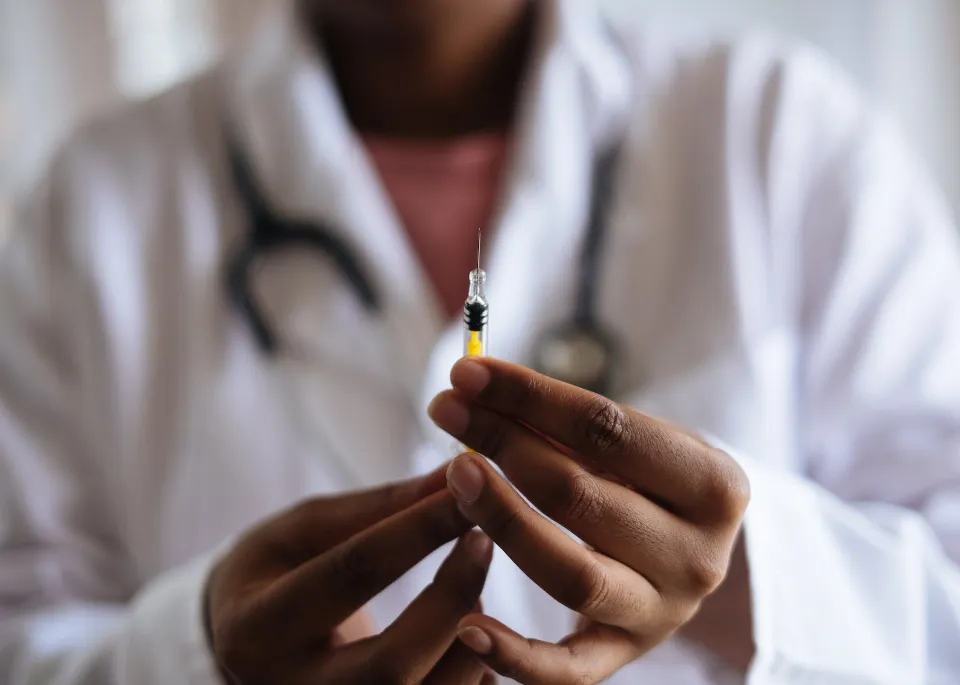
Some people have severe pain in the shoulder and have difficulty moving their arm in the area where the vaccine was given. This is called a vaccination-related shoulder injury (SIRVA), and it is caused by the vaccine needle accidentally hitting a ligament, tendon or bursa.
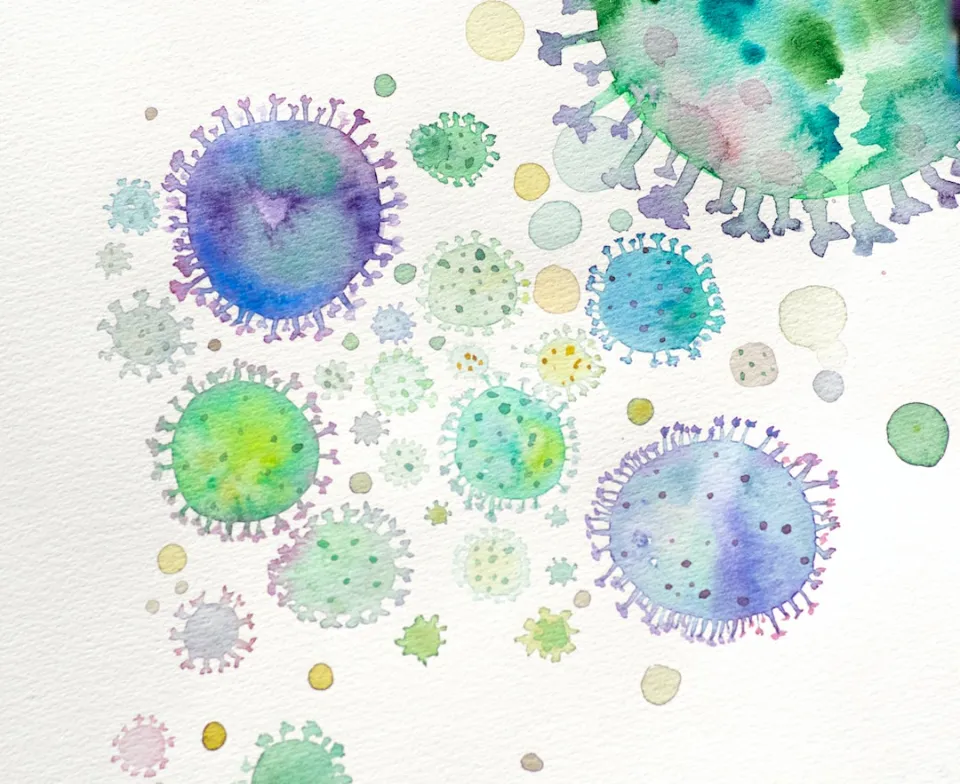
Hip fractures can lead to serious complications. If the clot breaks off, it can move into the blood vessels in your lungs. This blockage is called a pulmonary embolism and can be fatal.

